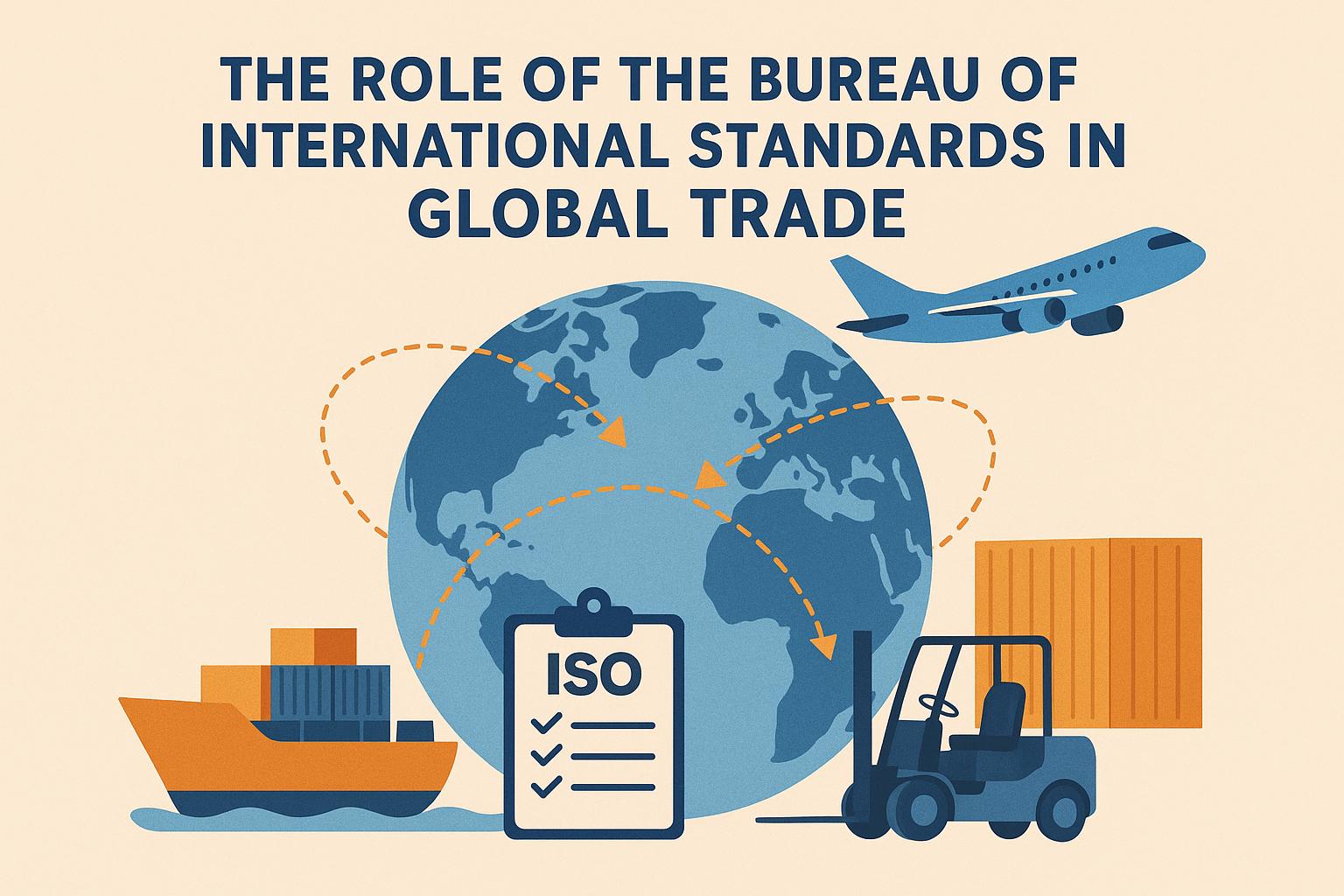The Bureau of International Standards: An Overview
The Bureau of International Standards (BIS) is an essential component in the tapestry of global commerce, fundamentally altering the way goods and services move across borders. By laying down universally recognized standards, BIS facilitates a seamless flow of trade while ensuring that products and services remain compatible, safe, and efficient in the international market.
Importance of Standardization in Global Trade
The global market has witnessed a remarkable evolution with increased interconnectedness, propelling the need for standardized practices. Standardization plays a pivotal role in navigating the complexity of diverse regulatory environments present in different countries. Efficient trade practices are often disrupted by technical barriers, which standardized protocols aim to minimize. This harmonization is crucial for businesses venturing into new markets, as they must ensure their offerings conform to varying regulatory expectations while maintaining product integrity. As businesses proliferate in diverse geographical domains, adherence to these universally accepted standards becomes indispensable.
BIS and International Collaboration
The BIS’s involvement in international collaboration is a testament to its commitment to forging a cohesive global standardization framework. Harmonizing standards on a global scale would be insurmountable without cooperative efforts. The BIS engages with key standard-setting organizations such as the International Organization for Standardization (ISO) and the International Electrotechnical Commission (IEC) to navigate the complex landscape of international commerce. These collaborations are designed to not only standardize practices but also to ensure they align with technological breakthroughs and rapidly shifting market dynamics. By synchronizing efforts with these entities, the BIS guarantees standards that are both consistent and forward-thinking.
Impact on Product Quality and Safety
The adherence to BIS standards allows companies to certify that their products meet stringent quality and safety benchmarks essential for the global marketplace. This adherence instills consumer trust and confidence—factors that are critical in sustaining a competitive advantage. In an environment where consumer well-being is paramount, standardized safety protocols provide a shield against the dangers posed by substandard products. Products that meet these standards are more likely to be embraced by consumers, thereby promoting brand reliability and consumer loyalty. Furthermore, BIS standards help prevent market fragmentation by ensuring widespread adherence to accepted safety measures.
Facilitating Innovation and Technological Advancement
The role of BIS extends beyond mere regulation into the realm of fostering innovation. By establishing standards that encourage technological progression, the BIS creates a conducive environment for research and development. Standards clarify pathways for product development, allowing companies to channel investment into innovative technologies with the assurance of international compliance. This environment not only inspires innovation but also incentivizes companies to engineer products that are competitive on a global scale. The synergy between innovation and standardization enhances the dynamism of international trade, as companies are emboldened to pioneer new technologies without fear of non-compliance.
The Future Role of BIS in Global Trade
As global trade weathers the forces of geopolitical alterations and technological innovations, the BIS’s influence is poised to expand. Their ongoing commitment to ensuring standards evolve in harmony with new market conditions will be critical for fostering sustainable economic growth. The adaptability of standards to reflect current trends will safeguard the relevancy and efficacy of global trade practices. Furthermore, by keeping pace with technological advancements, the BIS will continue to facilitate a conducive environment for economic progress and consistency in international commerce. For comprehensive insights into BIS’s current projects and initiatives, deeper engagement can be found through their official communication channels, including visiting their official website.
In summary, the BIS remains a cornerstone in the architecture of global trade by promoting international standards that underpin trade efficiency, equity, and safety. Their contributions benefit all stakeholders, from consumers seeking reliable and safe products to businesses striving for seamless market entry and expansion. As global trade continues to grow and transform, the BIS’s role will undeniably remain integral to shaping a robust, interconnected international economy.

